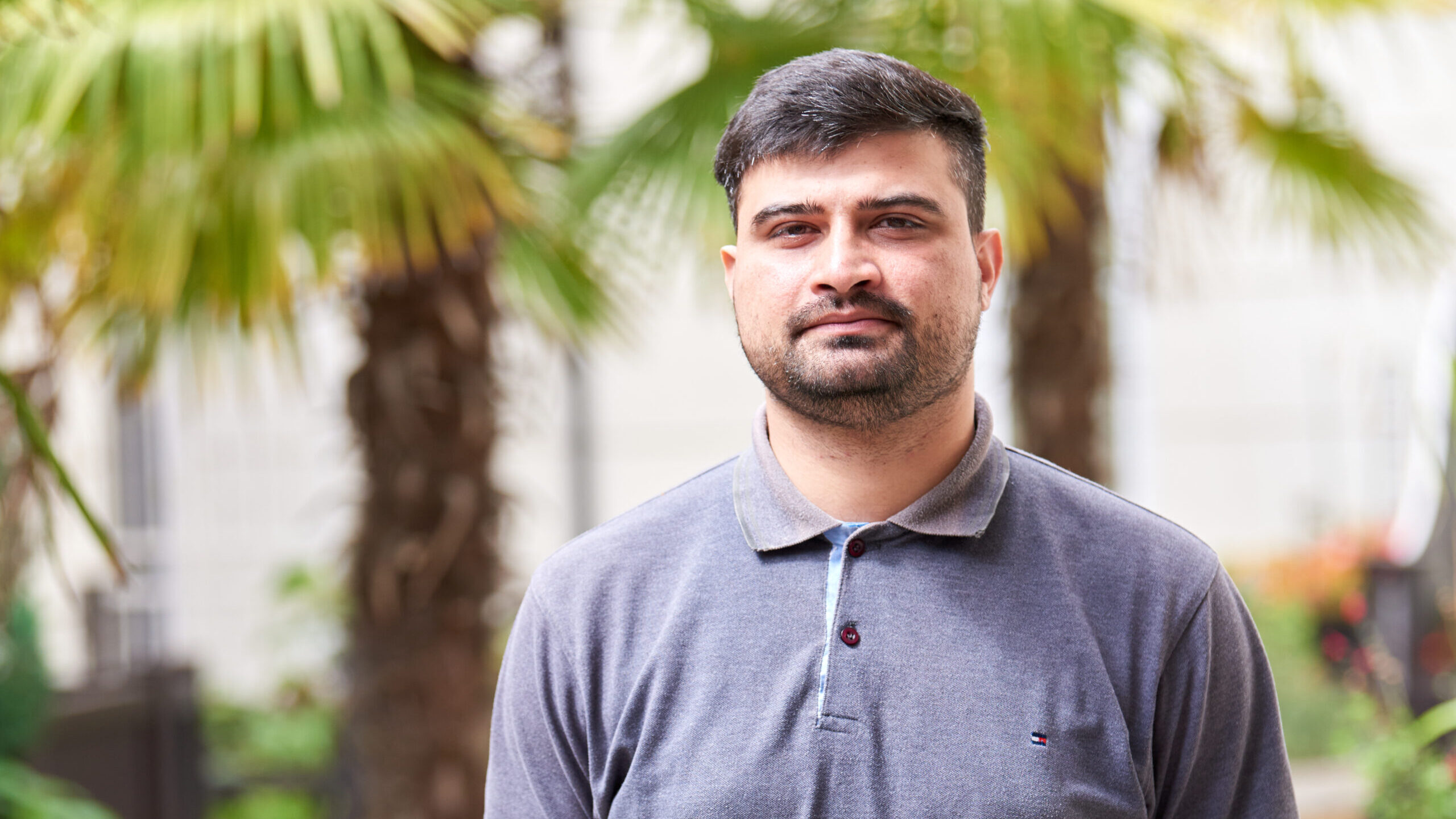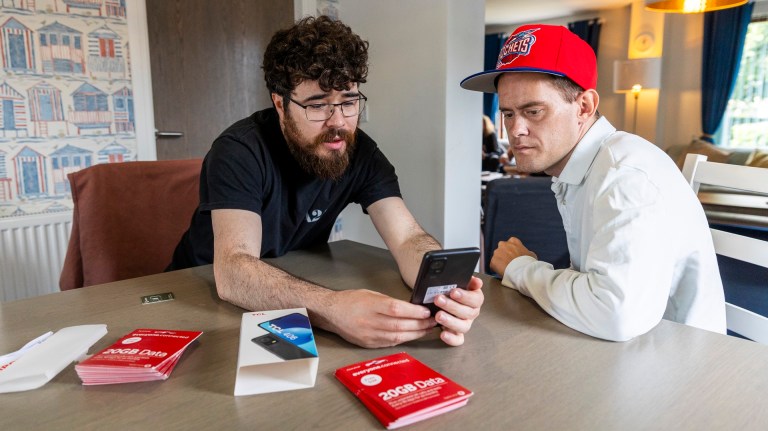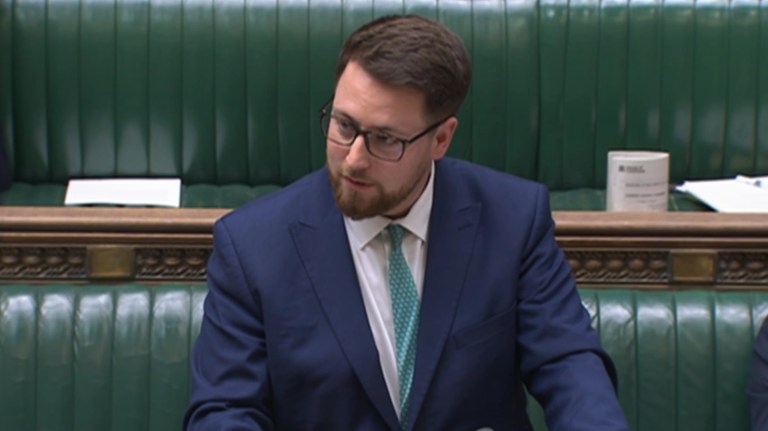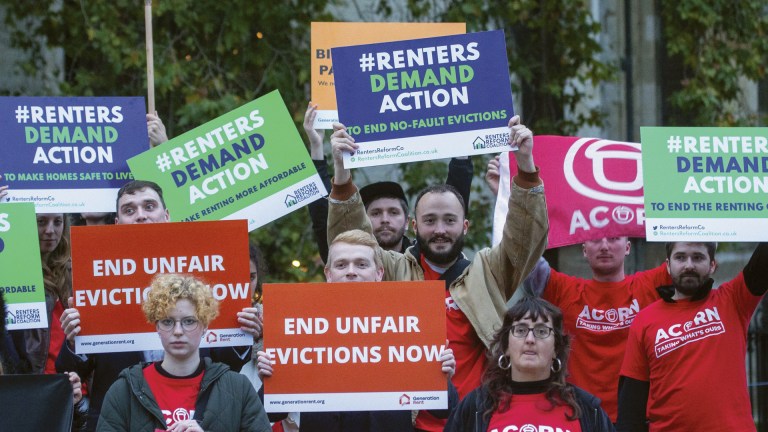Cabinet Office minister Johnny Mercer announced in March that Afghans would be moved out of hotel accommodation, arguing the financial cost to the UK taxpayer stood at £1 million a day. He announced £35 million in new funding to enable local councils to transfer Afghans from hotels into settled accommodation across England.
One in five Afghan refugees who have since been evicted from hotel accommodation in England have presented as homeless to their local council, the Local Government Association has said. It believes the situation “will likely get worse in the coming weeks”, and has called on the government to keep hotel places open for those who need them.
Mercer told the BBC earlier this month that the “vast majority” of those presenting as homeless “have actually been offered somewhere to live, it’s just for some of them, it’s not where they want to live”.
“Which is understandable, but that’s not the same as living on the street because the government hasn’t done its job.”
‘Today I could be homeless, but tomorrow I will be getting a good job, so there is hope’
A well-paid job isn’t just crucial to enable Khan to support himself, it’s the golden ticket that will allow him to bring his wife and two small children to safety in the UK.
A trained civil engineer, Khan worked building homes for British government companies to rent out in Afghanistan. It was through the British Council’s Warm Welcome scheme that he secured a scholarship to construction at The University of Portsmouth.
“I think in the UK, the job market for the construction industry is good. I follow many people on LinkedIn and many times they are advertising for construction roles,” he says. “So I think it won’t be too difficult to find something in construction here.”
Khan is not wrong. The UK construction industry is desperate to recruit new talent. A severe recruitment crisis means construction companies must hire 25% more workers in the next five years if they are to meet demand, the Construction Industry Training Board (CITB) has estimated. Britain is already facing a backlog of unbuilt homes, it needs all the construction workers it can get.
He admits he has felt pressured to work full-time to increase his income, but knows that completing a master’s degree will achieve a better career in the long run and, in turn, allow him to bring his family to safety.
‘My family is on my mind all the time’
During the evacuation of Kabul, thousands of Afghans flocked to the airport, desperately trying to board planes to escape with their lives. The stampede at the airport meant children were separated from their parents, and at least seven people died in the crush.
Khan’s two children, a newborn and the other aged just one year old, were too small to bring with him. His wife and father-in-law fled with the children to Pakistan, where they continue to live as refugees.
Your support changes lives. Find out how you can help us help more people by signing up for a subscription
“[Officials] told us: ‘the people being evacuated individually would be reunited with their families,’” says Khan. “But when I ask them now, they say ‘when will you meet the foundational requirements?’”
Because the Afghans evacuated from Kabul under the Afghan resettlement scheme have not been granted refugee status – they have received indefinite leave to remain – they do not qualify for an automatic family reunion unlike those who are considered refugees.
Instead, they must meet the requirements set out in the family immigration rules, which requires the person in the UK to prove they have enough income and savings to support their partner and children.
Khan must be earning at least £24,800 a year to be eligible as a sponsor for his wife and two children.
“I can earn that amount, but not right now,” says Khan. “Maybe in two or three years, but I have already waited two years. My youngest daughter: she doesn’t recognise me now. I want to be reunited with my family, why must I wait even more?”
Do you have a story to tell or opinions to share about this? We want to hear from you. Get in touch and tell us more.









